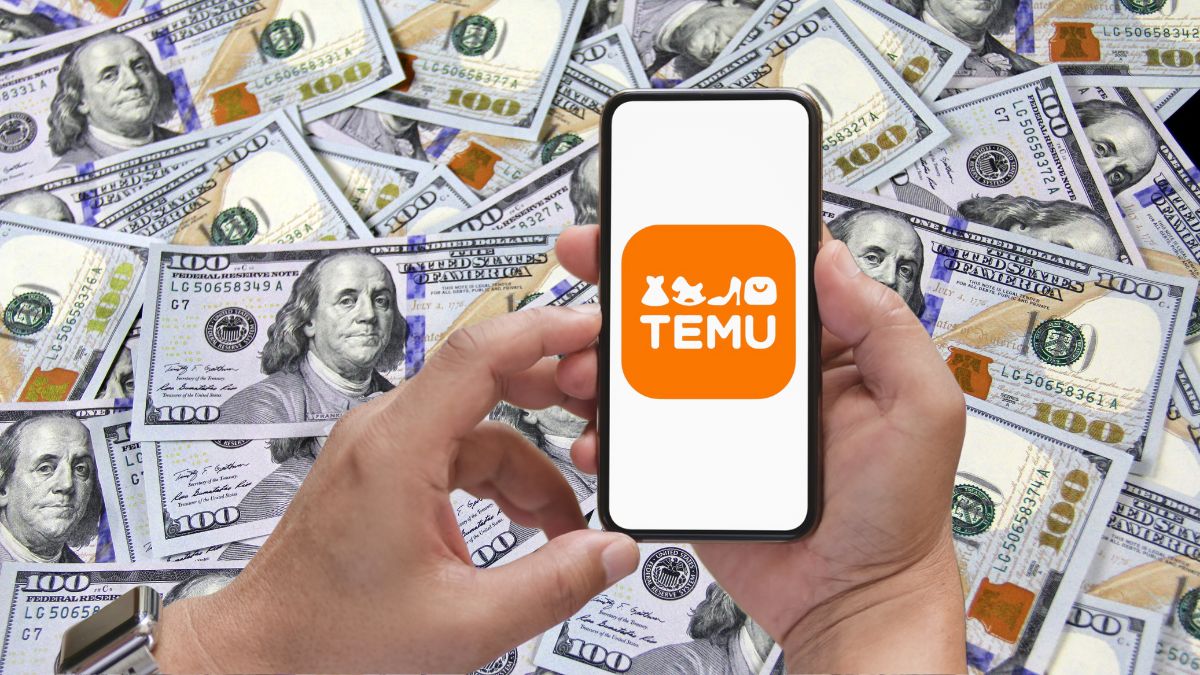Is it safe to buy on Temu? In today’s world, e-commerce platforms have changed the way people acquire products and goods. With the growing presence of giants like Shein in the Latin American market, it’s no wonder that other brands are seeking their place in this industry. One such brand is Temu, backed by PDD Holdings, a leading e-commerce company in China.
However, amid the growing popularity of Temu, questions arise about the reliability of this platform, especially regarding product delivery. Below, we will address some of the most common concerns related to Temu.
Free Shipping
This company has implemented an aggressive strategy to establish itself in the USA, Mexico, and other Latin American countries. The safety and efficiency in the delivery of products are essential in this strategy.
Typically, products purchased on Temu usually reach their recipients within a period of one to two weeks, although times may vary depending on various factors.
One aspect that makes Temu even more attractive to shoppers is the offer of free shipping. This policy not only saves money for consumers but also helps to build trust in the platform.
To ensure efficient delivery, Temu collaborates with various courier companies. Users have the ability to track their shipments through the Temu app, adding an extra layer of reliability and transparency to the process.
Is Temu a Chinese owned company?
Yes.
ALSO. When will OpenAI Sora be available?
Who Owns Temu?
Temu is backed by PDD Holdings, a company founded by Colin Huang, who has proven to be a successful leader in this industry. His personal fortune, which is around $32.8 billion,
Colin Huang has extensive experience in e-commerce, having previously worked at Google before founding his own e-commerce company, Ouku.com. Later, he founded PDD and, finally, launched Temu. The latter application has had a surprising growth, with 50 million downloads from September 2022 to March 2023. This has made it a notable competitor in the market, rivaling giants like Shein.
While it is natural for doubts to arise about the reliability of a new e-commerce platform, Temu has implemented measures to ensure efficiency in deliveries and offers free shipping on purchases from Mexico.
Why is Temu so cheap?
This company offers products at significantly lower prices for several reasons, which are part of its business model and operational strategy. Understanding why Temu can keep its prices so low requires looking at various aspects of its business approach:
- Direct from Manufacturers: The company operates by sourcing its products directly from manufacturers, eliminating middlemen in the supply chain. This direct-to-consumer model reduces additional costs that are typically passed on to customers in traditional retail.
- Bulk Purchasing: By aggregating demand from a global customer base, this company can place large orders with manufacturers. This bulk purchasing power allows them to negotiate lower prices, which they can then pass on to consumers as savings.
- Efficient Logistics and Distribution: Temu, backed by PDD Holdings, leverages advanced logistics and distribution networks to minimize shipping and handling costs. Their investment in technology and infrastructure ensures that products are delivered efficiently and cost-effectively.
- Cross-border E-commerce Model: Temu utilizes a cross-border e-commerce model that allows consumers to purchase products from abroad without the usual international retail markup. This model can often bypass expensive retail space and labor costs in the consumer’s home country.
- Economies of Scale: As part of PDD Holdings, which also operates Pinduoduo, one of China’s largest e-commerce platforms, Temu benefits from economies of scale. The large volume of transactions and users across the PDD ecosystem allows for lower costs per transaction.
- Dynamic Pricing Strategies: Temu may employ dynamic pricing strategies that adjust prices based on various factors, such as demand, competition, and stock levels. This flexibility allows them to offer competitive prices.
- Market Penetration Pricing: As a relatively new entrant in many markets outside of China, this company may adopt market penetration pricing strategies to attract customers and gain market share quickly. This involves setting prices lower than competitors to entice customers to try their platform.












